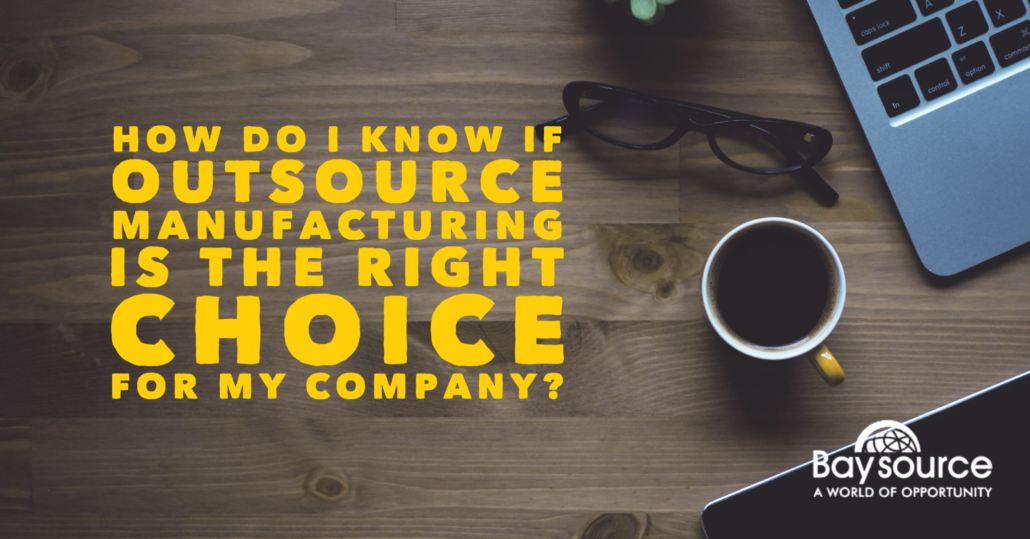Outsource manufacturing has become a major strategy shift for American business in the past twenty years. Small businesses in the United States are beginning to see the lasting positive impact of overseas manufacturing, not only for their bottom line but for the benefit of the national economy and workforce. It’s estimated that 53% of U.S. companies now utilize outsource manufacturing. As this percentage grows, businesses will continue to seek more cost benefits and higher quality contractors in the overseas manufacturing markets.
To find the right contract manufacturer, companies must evaluate the core competencies of their potential suppliers and build relationships that can produce long term benefits. While outsourcing may not be the right strategy for every business, brands need to continue to consider potential cost savings available with overseas contracting.
Top Reasons to Outsource
- Established manufacturing facilities and operations are available overseas without the upfront costs of building, maintaining, and staffing a manufacturing plant.
- Outsourcing allows businesses to focus on top line sales and marketing growth.
- Manufacturers producing similar products are able to purchase raw materials at a lower cost because of their economies of scale.
Should I outsource my manufacturing?
Operating a dedicated manufacturing facility does give companies unique advantages. Quality control and quality assurance are easier to quantify as are control over day to day manufacturing. Companies that want to explore outsourcing options, ask these questions:
- Will outsourcing significantly reduce labor costs?
- Will outsourcing reduce overhead costs?
- Will a contract manufacturer add to or take away from management responsibilities? Will it be more efficient to work with a contract manufacturer, or handle operations in-house?
- Will this allow the business to focus more efficiently on core competencies?
Other things to consider include language barriers and logistical roadblocks that may make it difficult for U.S. based companies to work with an overseas manufacturer. Countries such as China are improving their reputation for quality contract manufacturing services but the business culture and expectations in China are far different from what may be expected by U.S. executives. Finding a business partner to manage projects, negotiate contracts and coordinate with suppliers can make a tremendous difference. Learn more here.
Companies considering outsourcing must find a partner that offers both cost and time savings. If the manufacturer is inefficient, cannot communicate well, offers low-quality production in exchange for price, or does not lower both labor and overhead costs, it may not be worth the time. Finding the right contract manufacturer is a big decision and It is important to research multiple companies before making an agreement with one.
How to structure an agreement with a Contract Manufacturer
When evaluating manufacturers two things are critical: Intellectual Property and Quality. Many overseas manufacturers will cut corners in their contracts to solidify partnerships.
First and foremost, protect your company’s intellectual property. Companies must register trademarks and patents, and claim ownership of any product molds, toolings, and trade secrets related to production. Too many companies are easily “ripped off” by their overseas manufacturers because they fail to take proper precautions before signing an agreement.
Specify quality control and quality assurance measures so that the manufacturer can be held accountable. Also include a bill of materials in the contract. A bill of materials is the raw materials specified to use in the product manufacturing. Make this specific, because the manufacturer may substitute cheaper alternatives at the cost of quality to the product.


Follow Us